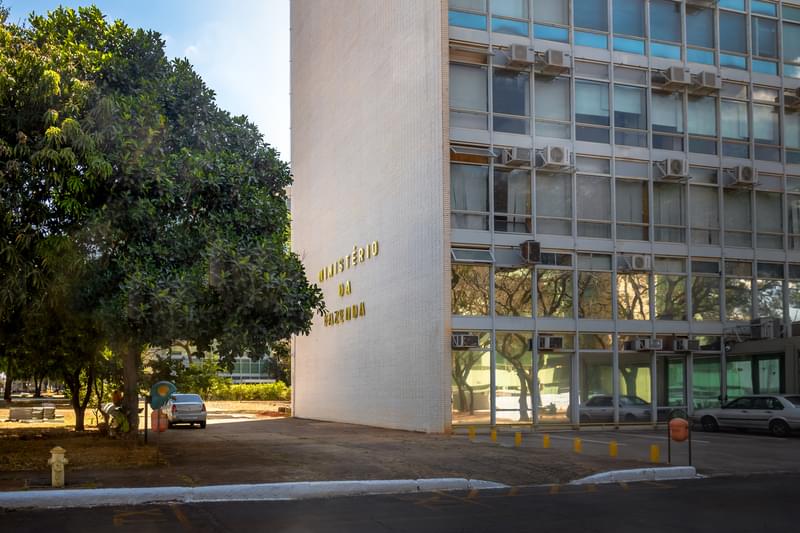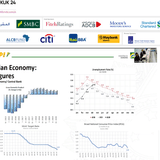Minister Paulo Guedes’s rhetorical skills are a rarity for Brazil’s Ministry of Economy, and are a key ingredient to advancing the public debate. He deserves recognition for his efforts to digest and explain complex issues - from privatization to reduction of budget rigidity – along with persistent warnings over the need to review public policies, such as the Sistema S and Manaus Tax Free Zone.
In recent interview with Valor Econômico, the minister actually blurted out: "Brazil is broken". Perhaps that statement needed to be said out loud. It is essential for society to comprehend that fiscal efforts will take up a large chunk of the economic agenda over the coming years. The expectations that Social Security reforms would close the fiscal gap are misguided: the focus on eliminating tax waivers and cutting mandatory expenses has barely begun, and there is no room for tax cuts.
Fortunately, Guedes reaffirmed his commitment to upholding the spending cap rule - public spending cannot grow beyond the inflation rate - and dissuaded President Bolsonaro from raising it. As Social Security spending, which already accounts for more than half of the federal budget, continues to outrun inflation in the coming years, more spending cuts will be required.
The minister intends to make the budget less rigid, heading the warnings of the Secretary of Treasury, Mansueto Almeida, who pointed out that 70% of the Union budget is linked to inflation behaviour. This requires constitutional reforms, and the government has begun to broach the issue by flagging an administrative reform that, among other things, should offer end-of-job stability for a large segment of incoming civil servants. This is undoubtedly a very important topic for the public to debate.
There are also indications of a new privatization program and plans for asset sales as a way of reducing public debt. The time for the former has not yet come, because it would be reliant on congressional approval. Furthermore, there was little clarity on the actual assets earmarked for privatization, only a list of intentions.
Although Guedes speaks of fast-tracking the privatization, each company would have to be assessed on a case by case basis, and some companies would simply be liquidated. It is important, thus, that the decision to privatize has be based primarily on the pursuit of economic efficiency, even as fiscal risks should also be recognized.
As for concessions and asset sales, the agenda is already underway, but the fiscal impact is limited to infrastructure concessions, which generated revenues of BRL5bn from January through July. The sale of assets of state-owned companies, such as the control of BR Distribuidora by Petrobras, does not generate direct revenues for the Union.
Admittedly, not everything is coming up roses. The promise to clear the public deficit this year was somewhat premature, and judging by the latest news, short-term pressures are increasingly shaping the Ministry’s decisions. There are discussions about getting around the spending cap rule – by, for example, scrapping the extra 10% fine on the FGTS, which would release BRLR5.6bn in spending, transferring BRL9.3bn in education funds for states and municipalities, or sourcing around BRL12bn from various federal government funds. As XP analyst Victor Scalet points out, however, these are not fiscal adjustment measures.
Also noteworthy is the delay in defining the tax reform plans, which includes the scrapping of additional new taxes on banking/financial transactions (CPMF). That is another source of uncertainty in the current economic environment, which clearly calls for at least some increase in the tax burden.
The dramatic state of the public accounts calls for concrete action and reform proposals to be put on the table. The Social Security page will soon be turned page and the "reformist window" of the first year of government will have passed. And it is not enough to send the bills to the Congress; dialogue and negotiation between winners and losers of each proposed reform is required, and they need to start delivering.









